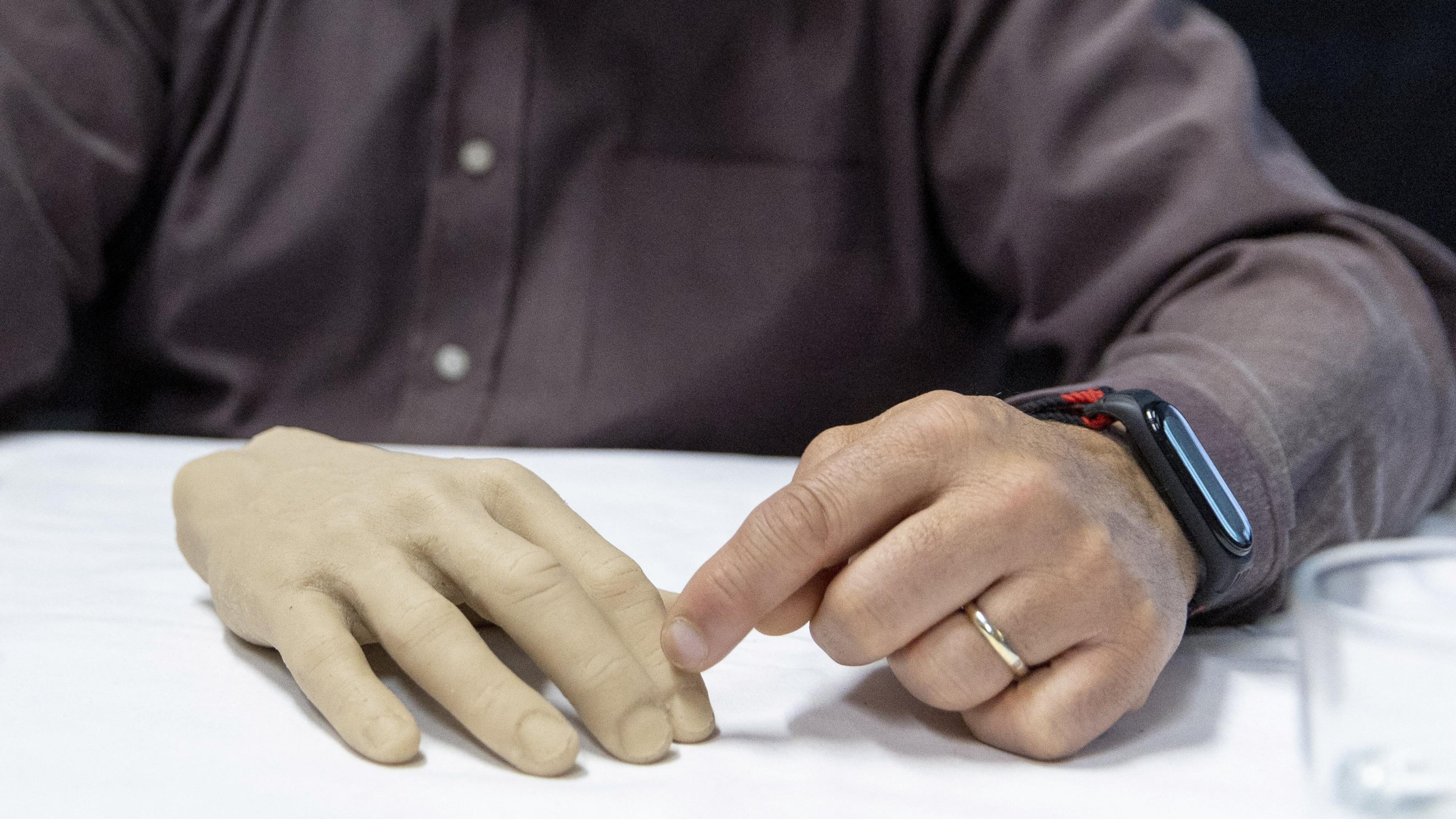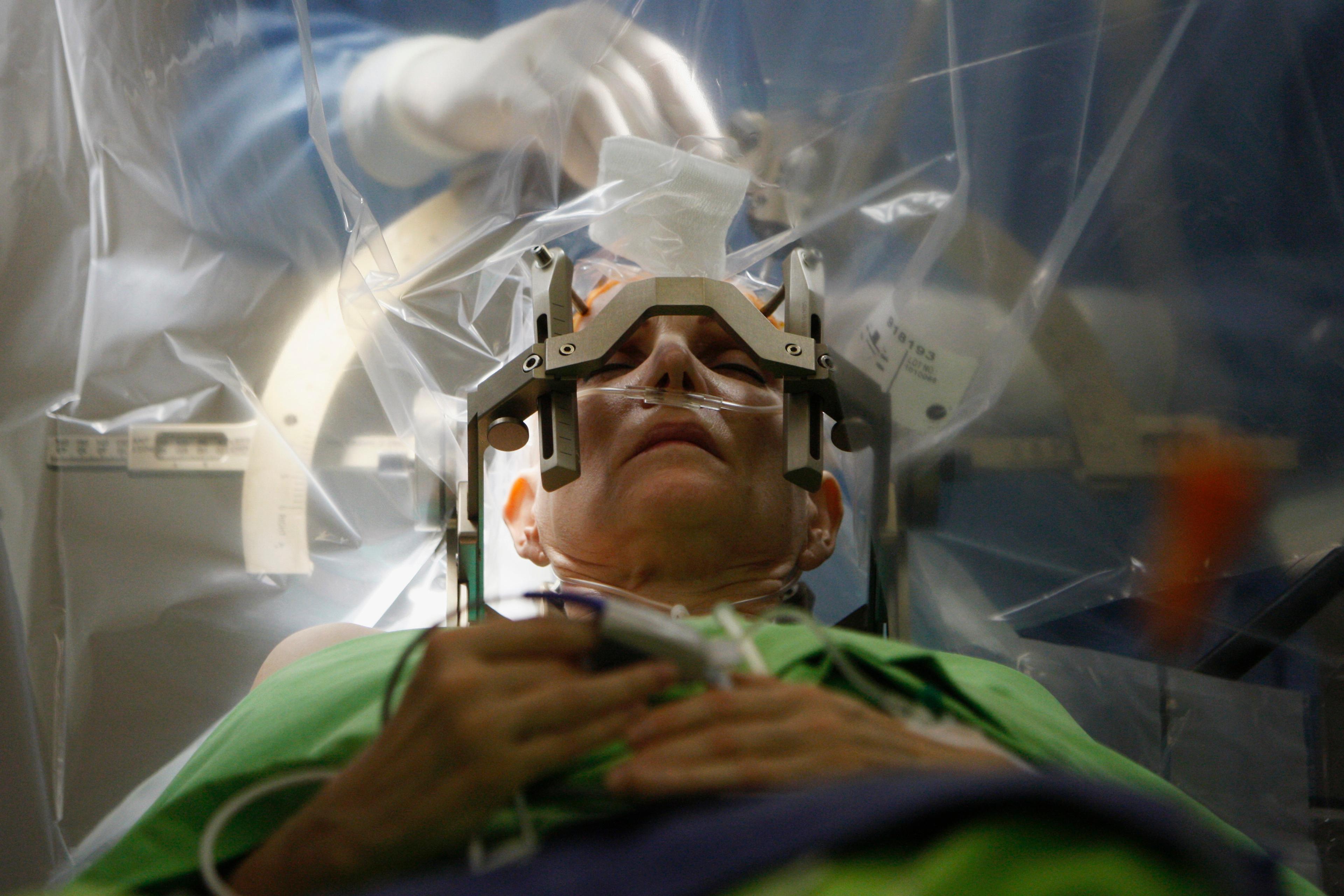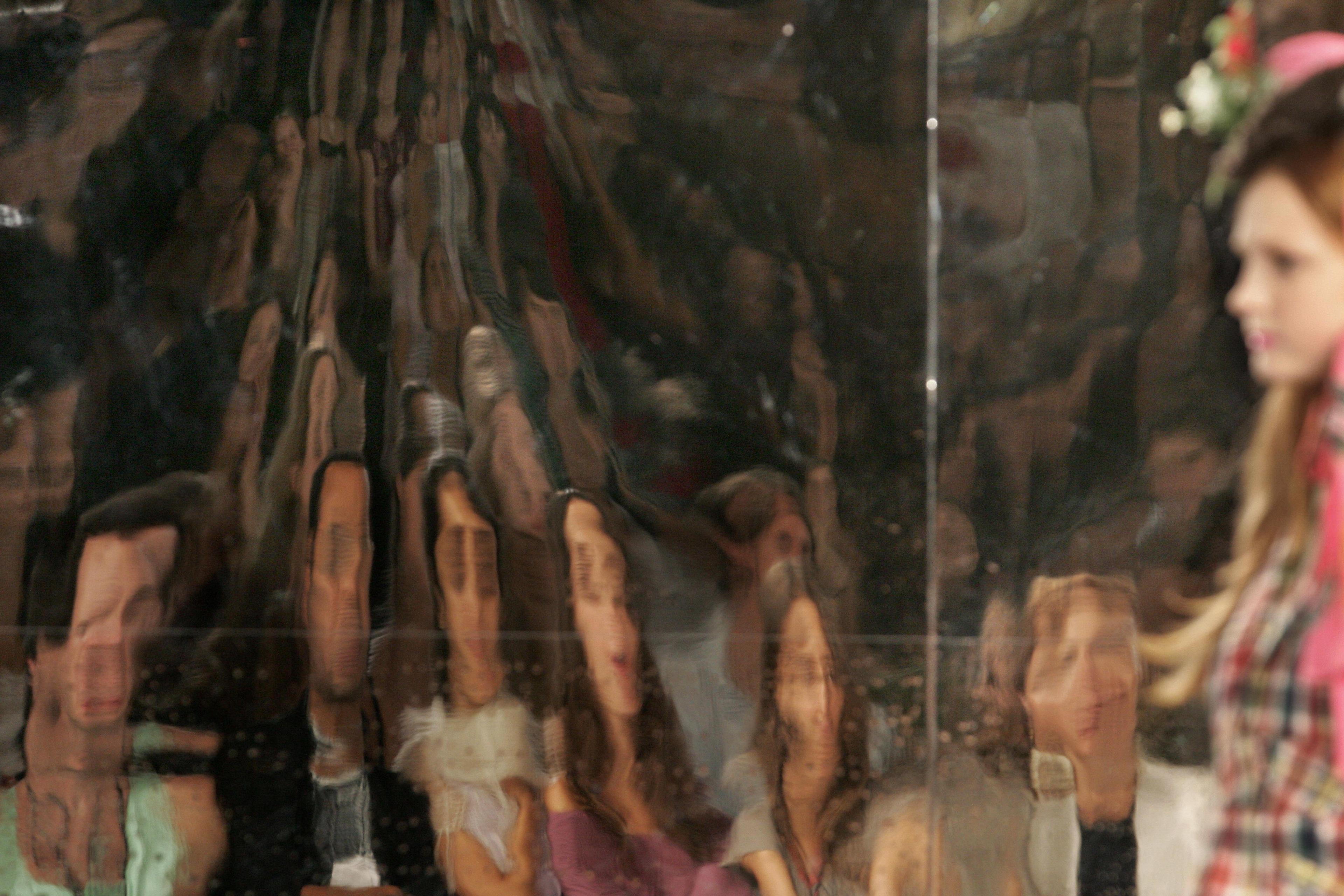When you wake each morning, you not only become freshly aware of your thoughts, you also resituate yourself in your body. We don’t experience the world purely in our minds, but as ‘embodied agents’, says Roy Salomon, a cognitive neuroscientist at the University of Haifa in Israel. Your sense of self is as connected to your limbs and guts as to the thoughts racing in your mind.
‘If we want to get a handle on the sense of self and consciousness, the first thing we have to try to understand is: how do we get this feeling, this illusion that the brain builds up, that we exist as a body in the world?’ Salomon says.
One approach researchers are using is to investigate what’s going on when the bodily sense of self is disrupted. In a recent paper in Nature Scientific Reports, Salomon and his colleagues examined how having experienced altered states in the past might change how a person regards their bodily self, whether those states arose via psychedelic drug trips or from psychosis, a condition where people have hallucinations and delusions that often affect their sense of self.
In these delusions, people can feel disconnected from a stable sense of self: for instance, believing that their bodies are being controlled by others, or that they can exert power over what’s going on around them. They might hear voices inside their heads that seem separate from themselves, or that belong to someone else.
The sense of self can also be affected dramatically, albeit transiently, by taking psychedelic drugs, such as psilocybin, LSD or DMT. People describe the feeling of leaving their bodies, merging with other people, other beings or the universe.
In the study, researchers gave participants ‘the rubber hand illusion’, which causes the strange sensation that a fake hand belongs to you (the illusion is triggered by watching the rubber hand being touched in the exact same way as their real hand – hidden from view). ‘People know that the rubber hand is not a real hand,’ Salomon says. ‘But we’re tricking the brain into feeling that it’s your hand.’ The illusion can have some dramatic effects, such as reducing blood flow to the real hand, and prompting people to respond to potential threats to the rubber hand just as they would to threats against their real body.
Salomon’s team also gave the study participants ‘the moving rubber hand illusion’, a similar illusion that brings on the additional feeling of agency over the hand. In this illusion, a person’s concealed hand is connected to a rubber hand so that when they move their real hand, the rubber hand moves as well. ‘This creates a very strong sensation of control,’ Salomon says.
Tweaks to the setup allowed the researchers to mess with this sensation of control. For example, for some people, when they moved their index finger, the middle finger of the rubber hand moved instead. Or the rubber hand moved on a slight delay after the real hand. Past research using the illusion has shown that these adjustments typically confuse or lessen the sense of agency a person feels.
For the new study, a group with a history of psychosis, a group with past psychedelic experience, and a control group each underwent the static rubber hand illusion, and versions of the moving rubber hand illusion where the movement did or didn’t match up with their real hand. Everyone felt a sense of body ownership over the rubber hand during the basic illusion. But in the moving illusion, the psychosis group had less of a sense of agency over the fake hand than the other participants: they didn’t feel like they were controlling the fake hand, and they didn’t feel it belonged to them. ‘Even when the psychosis patients were controlling the finger, they didn’t feel so much that they had control,’ Salomon says.
The findings can help us better understand what breaks down in psychotic disorders, at least when it comes to the bodily self. We normally come to sense that our body is ours and that we are in control of its movements through the sensory integration of how we see and feel our bodies moving through space and touching things. That’s why these illusions work: they combine the sight of a hand being touched with physical sensations. For people with psychosis, the findings suggest there could be an impairment in how the sense of agency comes together.
Using rubber hand illusions also showed how resilient our embodied selves can be
If this interpretation is correct, it could help explain why some people with psychosis feel that someone else has agency over them, or the opposite – that they are influencing events or other people that they don’t really have any actual control over. Also relevant here is an existing theory that the auditory hallucinations people with psychosis hear are actually their own inner voice, but that they can’t attribute it to themselves. Similarly, in past experiments in virtual reality, Salomon and his colleagues showed that people with psychosis had a reduced ability (compared with healthy participants) for discriminating between their own actions moving a virtual hand and when a computer moved the hand.
To his surprise, Salomon’s new study using rubber hand illusions also showed how resilient our embodied selves can be. Salomon did not expect to see that the group with past psychedelic experience (quite heavy use in some cases) would respond to the rubber hand illusions in the same way as the control group. Although these people said that their previous psychedelic use profoundly altered their relationship with their bodily self at the time of taking the drugs, it ultimately didn’t translate into affecting their responses to the illusions in the study. They felt a similar body ownership and sense of agency as those who had never felt themselves completely dissolve into the universe.
‘In a way, it’s a bit reassuring, right?’ Salomon says. ‘People can take psychedelics and say their self was melted, and have this memory of it – which many of them say serves them in how they deal with the world. This is something which they benefit from, and yet [they are still] able to have a normal bodily experience.’








